![]() — Home — Business News
— Home — Business News
Weekly Business News from Myanmar
-
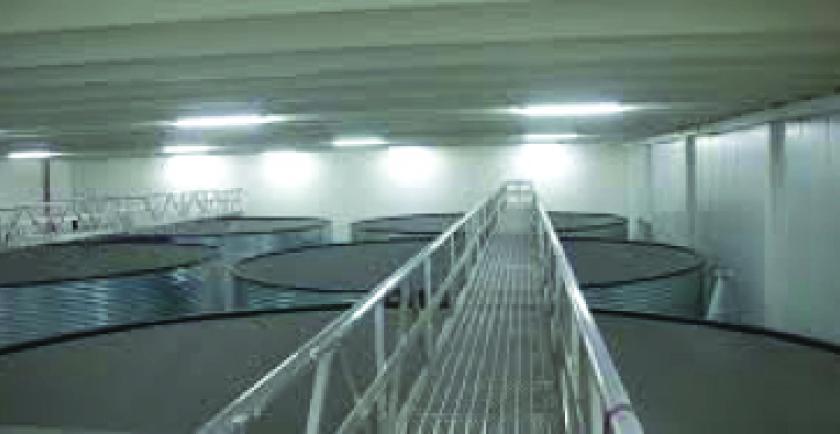
Myanmar needs to address the rarity of fishery resources in order to boost fishery exports
In order to boost fishery exports, the Myanmar Fishery Product Processors and Exporters Association highlighted the need to address the rarity of resources in its territorial waters used by commercial companies. “Because of the rarity of raw material [fish and prawn] our fishery processing plants can only prepare 3-4 tons of fish products per day, as opposed to a Vietnamese plant that is producing between 170-200 tons per day. All of this is because of a lack fish for the processing plants,’’ said U Tun Aye, President of the association. Most of the fish and prawn exported from Myanmar are caught in natural settings, which decreases the fishery resources available. The natural resources — fish and prawn — will only recover when they are bred scientifically in commercial fish farms, the stakeholders in the sector said. -
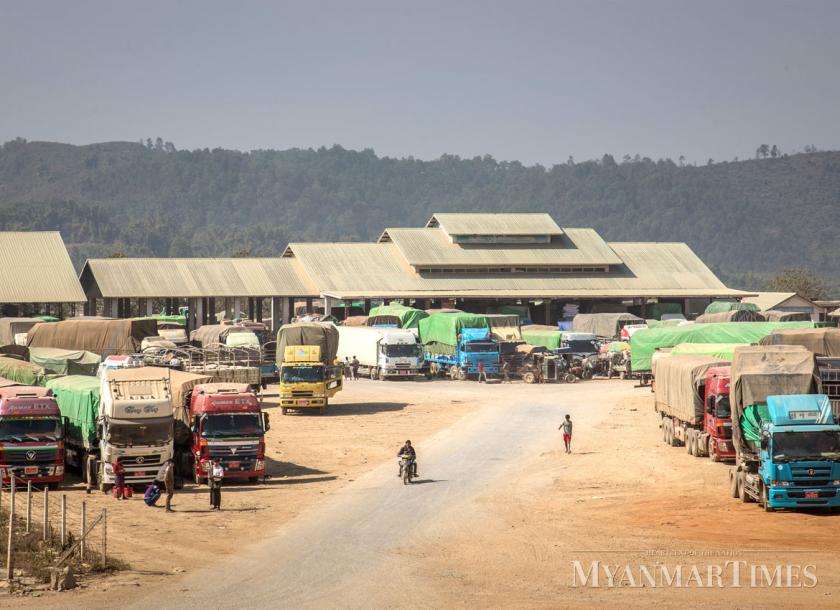
Illegal trade and smuggling with neighbouring countries via unofficial trade routes took a heavy toll on the country’s economy
Smuggling and illegal trade continue to be a major problems for the country’s economy, says the Union of Myanmar Federation of Chambers of Commerce and Industry (UMFCCI). According to the Business Sentiment Survey issued by UMFCCI in May, illegal trade stands at sixth among the top 10 issues hampering the country’s economy. The survey was conducted to learn more about the current situation of businesses in Myanmar. Illegal trade encompasses products from neighbouring countries entering Myanmar via unofficial trade routes and also domestic products being smuggled out. The survey revealed that businesses feel that illegal trade is the second largest issue dampening sentiment, behind only a weak economy, and is among the top five points the government should address as part of efforts to boost the economy. -
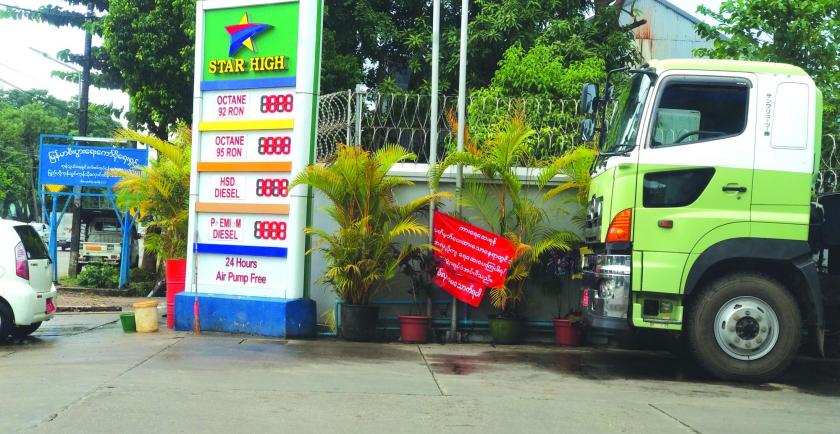
Myanmar Petroleum Trade Association urged the government to review the taxation system to stabilize local fuel prices
Local fuel prices have surged in recent months causing the Myanmar Petroleum Trade Association to urge the government to review its taxation system in order to stabilize local fuel prices. As the tax system stands right now, fuel traders must pay a 2 percent advance income tax, 1.5 percent custom duty, 5 percent commercial tax, and 5 percent special item tax for a total of 13.5 percent. The association urged the government to make a review during the regular meeting between the businessmen and vice president U Myint Swe at UMFCCI. U Than Win Zaw, an executive officer of the association, stated that 2 percent advance income tax is triggering fuel prices and government needs to change 2 percent advance income tax payment to quarterly payments. -
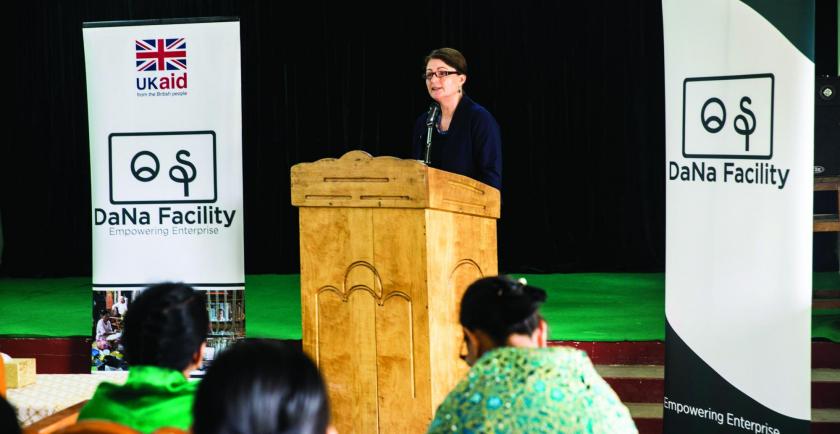
DaNa Facility, Myanmar social enterprise, Myanmar Artisan’s and international NGO Turquoise Mountain will fund a new investment of over $ 750,000 to support traditional Myanmar textiles and weavers industry in next two years
Myanmar social enterprise, Myanmar Artisan’s, international NGO Turquoise Mountain and the DaNa Facility, a UK Government Department for International Development (DFID) funded programme has announced an investment of over $750,000 during the next two years into the Myanmar traditional textiles industry. The investment will initially take place in Kachin, Chin and Shan States but by the end of the programme will spread to other States in Myanmar. Myanmar is overflowing with rich, and diverse textile traditions that continue to live on through highly skilled weavers. The Myanmar Artisans project, through training, product development and forging better links to higher value markets, will use these traditions and skills to improve the livelihoods of women and underserved groups in the sector. It will work across the country, with an initial focus on the textile traditions of Kachin, Chin, and Shan States. It will also establish a central ‘cut and sew’ workshop in Yangon’s downtown area, keeping a crucial part of the tradition within the country, as well as focusing on product development and quality control. -

UK Department for International Development (DFID) funded DaNa Facility and Swiss insurance technology firms are set to invest USD$ 1.1 million (K1.7 billion) to develop Myanmar’s micro-insurance market
The UK Department for International Development (DFID) and a Swiss insurance technology firm are set to invest US$1.1 million (K1.7 billion) in Myanmar’s micro-insurance market. The aim is to reach 600,000 people in a bid to expand and develop the country’s insurance and risk-transfer market. Stonestep AG, a Swiss micro-insurance technical services company, and the DFID-funded DaNa Facility announced yesterday that the two organisations would spend over US$1.1 million on prudential strengthening, consumer research, financial literacy education, new technology, and other activities to accelerate the development of the micro-insurance market. Over the next two years, the project aims to provide over 600,000 people with micro-insurance products to assist them in managing risk, generating personal income and working towards the government’s national targets for financial inclusion. During the first phase, Stonestep Myanmar will use Vision Fund Myanmar and their Social Welfare Fund (SWF) — one of the existing microfinance institutions (MFIs) in the country, as a platform to reach out to disadvantaged groups and those traditionally excluded from the economy. Stonestep will start by improving and augmenting the micro-insurance services provided to Vision Fund’s clients. -
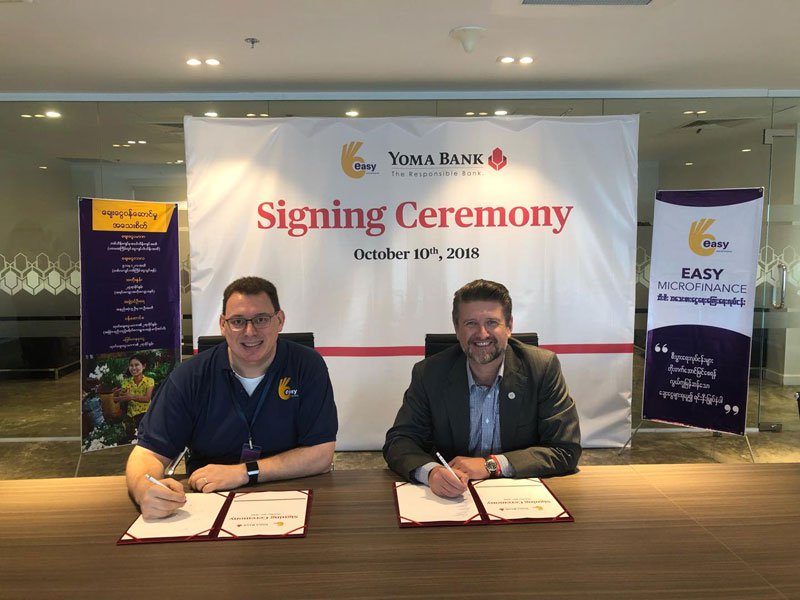
Yoma Bank and MC Easy Microfinance Company limited signed two funding agreements of MMK 4 billion each to enable Easy Microfinance to extend its operations and serve financial assistance in seeding capital for their business’ operations
Yoma Bank and MC Easy Microfinance company limited signed two funding agreements of total MMK 8 billion (MMK 4 billion each). The first agreement was successfully completed in September, according to a press release. These new facilities will enable Easy Microfinance to extend its operations and serve an additional 28,000 borrowers, particularly micro-entrepreneurs and small business owners, who need financial assistance in seeding capital for their business’ operations. Easy Microfinance currently has an impressive loan portfolio of more than MMK 20 billion serving about 70,000 active clients through its 12 branches across Yangon, Naypyidaw, Sagaing, Magway, Mon and Kayin regions. Yoma Bank is one of Myanmar’s largest banks with over 3,000 staff members and 75 branches nationwide. -
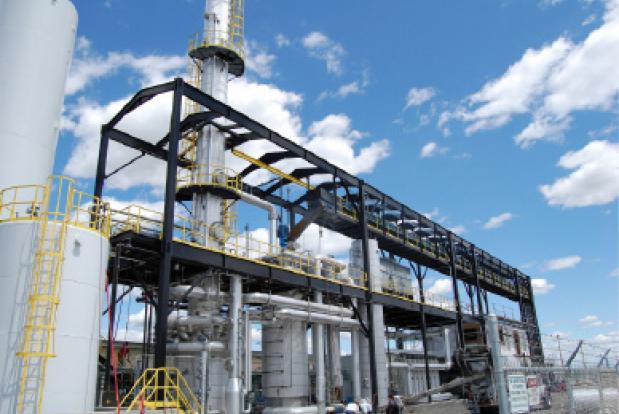
One of the largest 225 megawatt Sembcorp industries gas fired power plant (IPP) in Myingan, Mandalay region began full commercial operations on 10 October 2018, after its first phase of operations in May
Sembcorp Industries’ US$300 million gas-fired power plant in Myingyan, Mandalay commenced full commercial operations on Wednesday following its first phase of operations in May. The 225-megawatt Sembcorp Myingyan Independent Power Plant (IPP) is one of the largest power plants of its kind in the country and also among the most efficient, Dennis Foo, managing director of Sembcorp Myingyan Power Co, told The Myanmar Times. The facility utilises advanced combined-cycle gas turbine technology that maximises power output while minimising emissions. The company said in a statement that this is “in line with our sustainability commitment to reduce carbon emission intensity by close to 25pc by 2022.” -
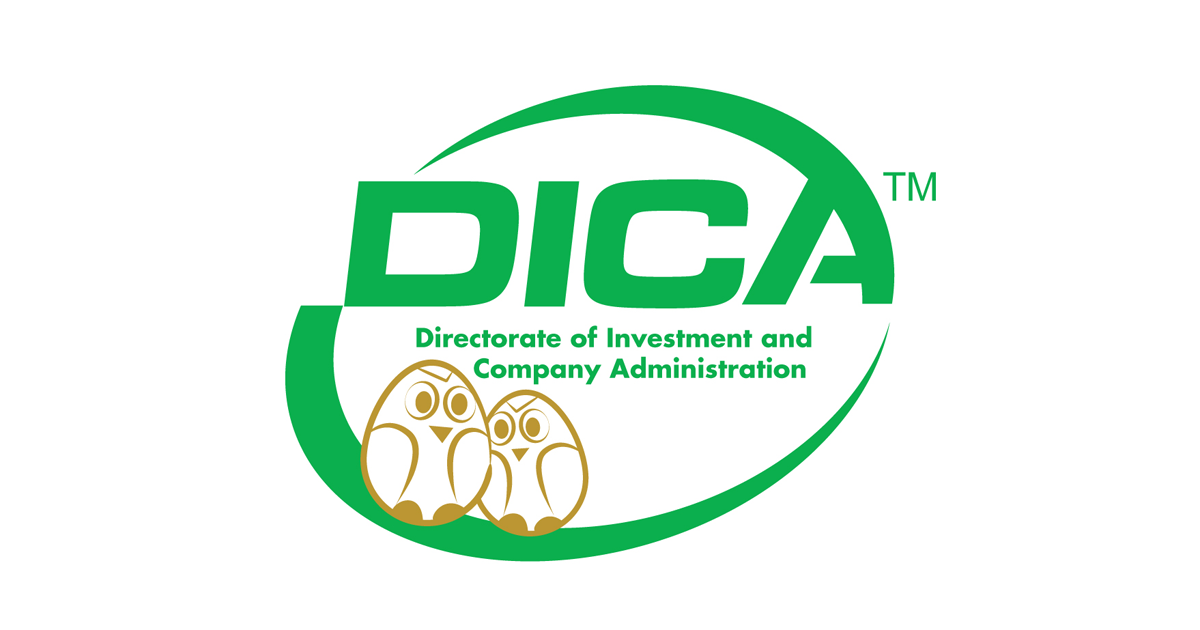
DICA allowed AMATA Holdings Public Company Limited and TMH Telecom Public Company Limited to sell the shares over the counter which is different from the Yangon Stock Exchange (YSX)
In addition to 59 companies that have already been selling shares, the Directorate of Investment and Companies Administration (DICA) has allowed two more companies to sell shares, according to its statements made on October 1, 2018. The two companies are AMATA Holding Public Company Limited and TMH Telecom Public Company Limited. They can sell shares “over the counter,” which is different from the Yangon Stock Exchange (YSX). Since these companies are not yet listed on the YSX, this is not an announcement for an Initial Public Offering (IPO). “This is a public announcement, and we have no plan to allow additional companies to sell shares at this time,’’ said U Myo Min, Director of Companies Division under DICA. -
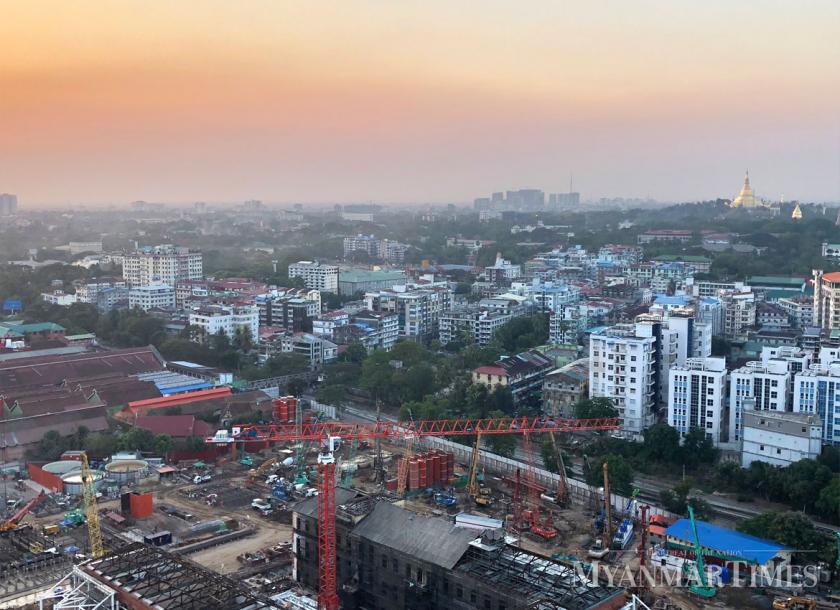
Stakeholders in the property and construction sector say that improvements are still needed to boost these sectors, as well as an agency to implement and enforce the regulations under Condominium Law 2016 and Condominium Rules 2017
Stakeholders in the property and construction sector say there is still a need for a body or organisation to oversee, implement and enforce the regulations under Condominium Law 2016 and Condominium Rules 2017. The lack makes the legislation less effective presently those in the business say. As there are very few condo projects in Yangon in accordance with the regulations of the Condominium Law, the law cannot be fully effective in changing the market, said U Kaung Thu Win, founder and director of ShweProperty.com online real estate group. “Our expectation is that the government and the private sector, especially the construction businesses, do more to publicise the points in the Condominium Law so people will be able to better understand the situation,” said U Kaung Thu Win. -
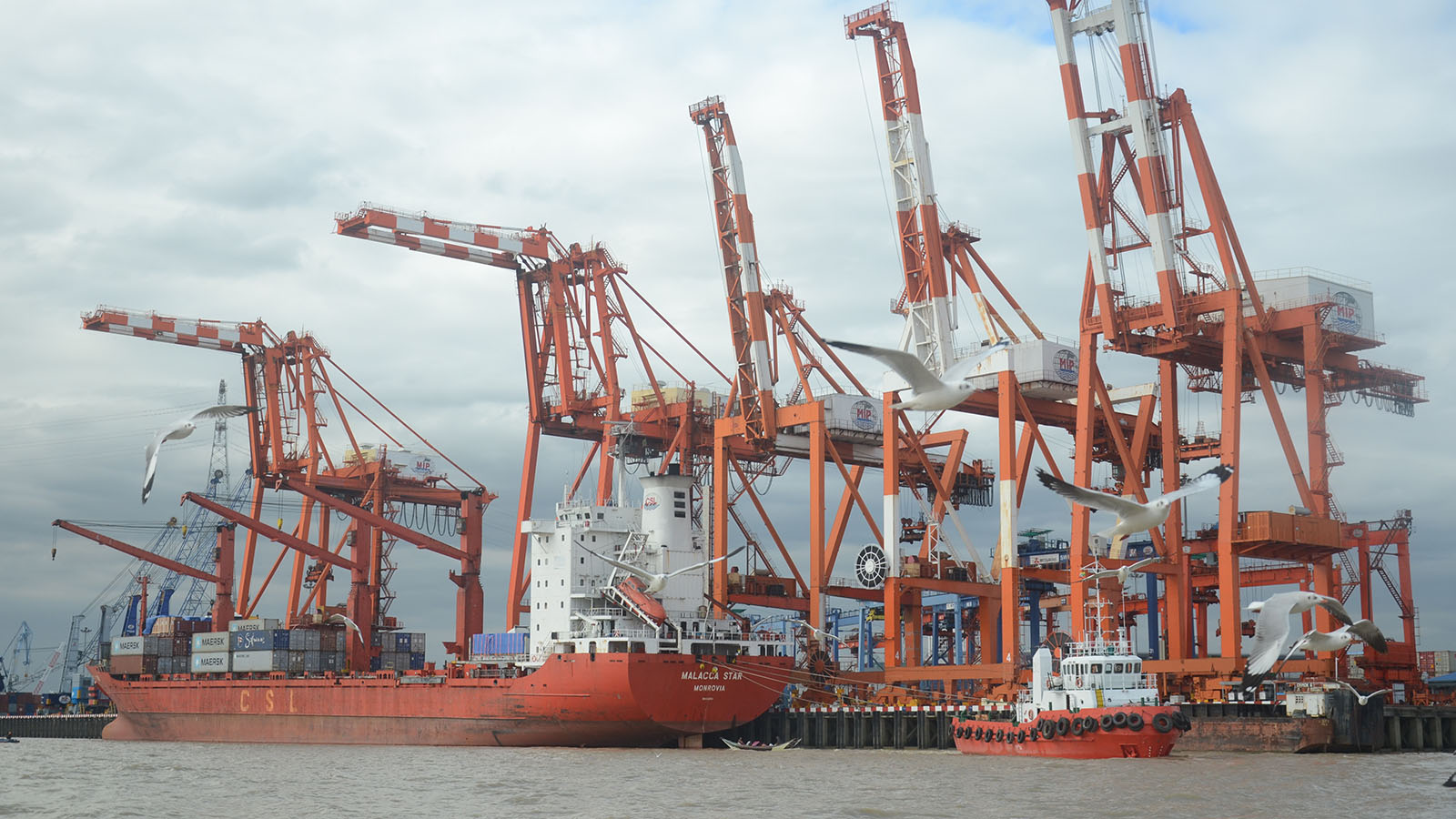
Myanmar's international trade increased by USD $ 2 million from 1 April to 30 September of the past mini-budget period when compared to the same period of last fiscal year
Myanmar’s external trade with foreign countries from 1 April to 30 September of the past mini-budget period showed a significant increase of US$2 billion compared to the same period last fiscal year 2017-2018. External trade in the past six months amounted to $18.34 billion, which increases from $16.3 billion of last FY. This includes an estimated $8.5 billion in exports and $9.8 billion in imports. The trade deficit narrows to $1.3 billion from 1.86 billion of last FY.
Business News
Copyright © 2014 Business Information Center All Rights Reserved.







